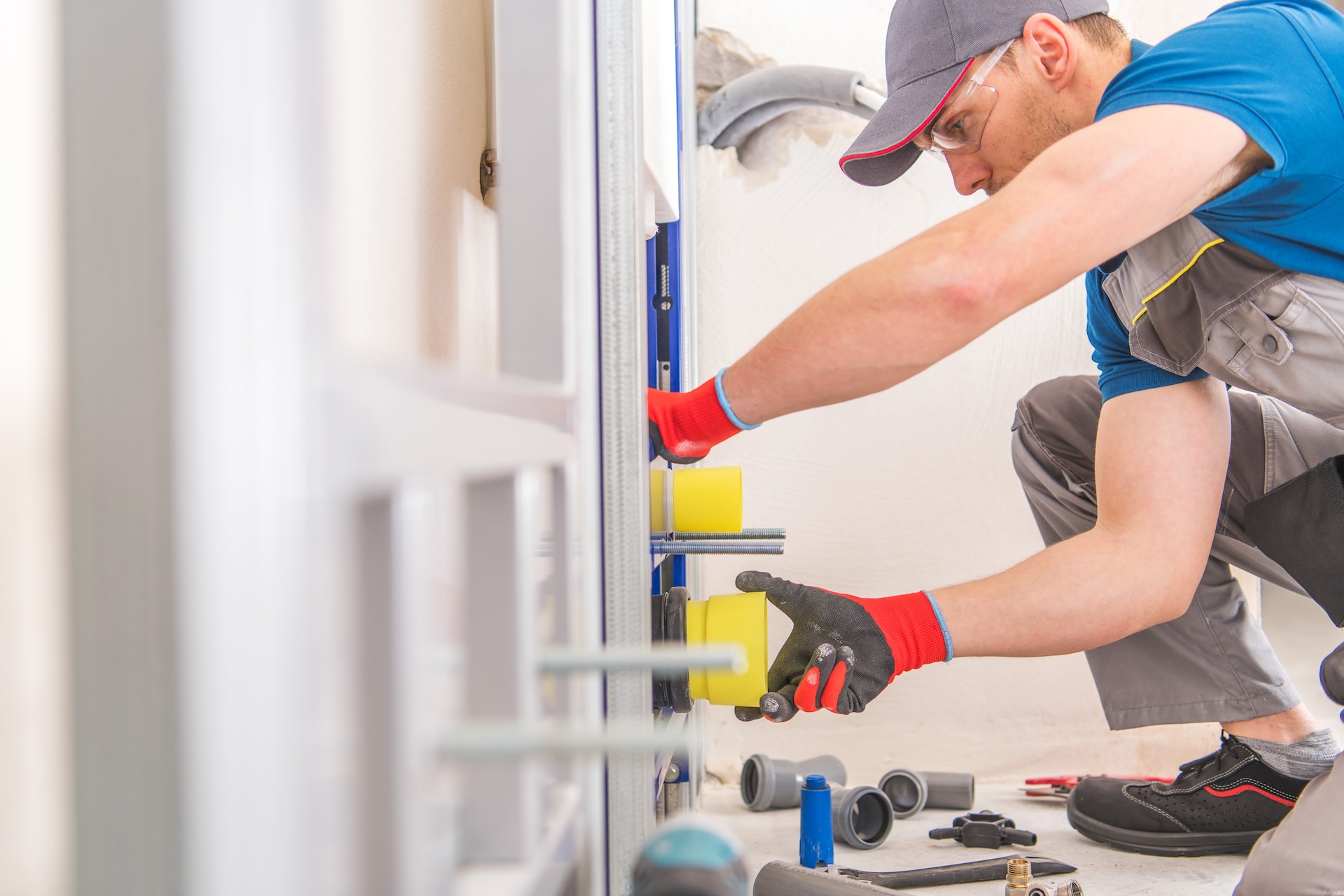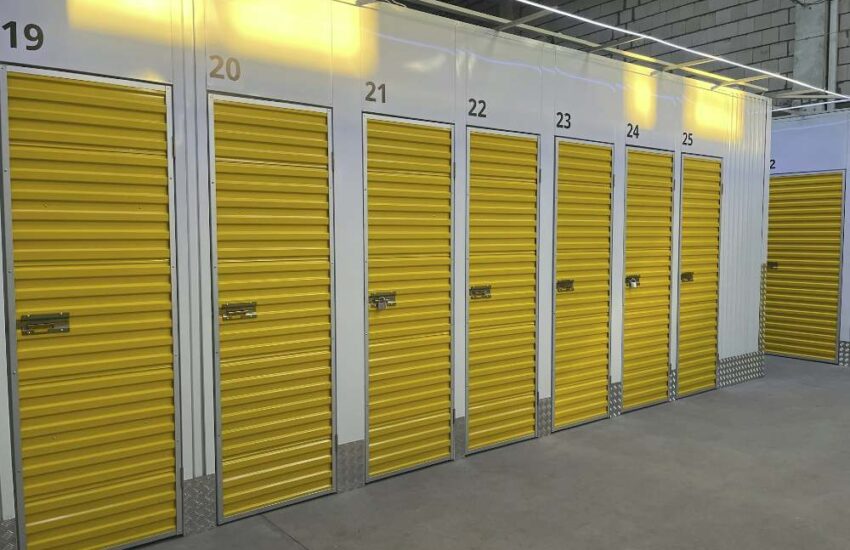5 Signs that It’s Time to Upgrade Your Water Heater
A water heater is an important appliance that greatly affects most aspects of your home life. It helps you to wash your body and clean your clothes and linens. A water heater helps you to keep your cookware, dishes, and utensils clean and sanitary for preparing foods and eating a healthful diet.
Water heaters provide homeowners and their families with many significant benefits. Eventually, though, you will need to replace your water heater. It’s easy to forget about your water heater until something goes wrong with it, so it helps to proactively determine when you should replace your current model. Here are five signs to watch for that tell you it’s time for a water heater replacement in your home.

1. Ruptured Water Tank
Most homes have a traditional water heater that has a tank to hold the water. It uses either electricity, natural gas, or propane to heat the water in that tank and then send it to where you need it inside your home. The tank typically holds between 20 gallons in a small tank and 100 gallons in a large one. The tank also is connected to the home’s primary water line so that it has a virtually endless supply of water.
A water tank does not last forever. It could rust, corrode, or otherwise weaken and eventually fail. A ruptured water tank can cause disastrous internal flooding inside your home and trigger potential health hazards. For obvious reasons, a ruptured water tank is a sure sign that you need to replace your water heater. You might choose to just replace the tank, but the rupture shows the entire system has aged and a new and improved water heater is needed.
2. Insufficient Hot Water Supply
You might have a struggling water heater that no longer gives you the same amount of hot water that it did when new. You might notice the shower is getting cold faster and have to limit the amount of time spent taking a hot shower. The more people you have in your household, the less efficient the hot water service might become due to an aging and increasingly defective water heater. If you are getting an insufficient supply of hot water, it’s time to consider replacing your current unit.
3. Rising Energy Costs
Heating water for your home can create a significant energy cost that might suddenly rise due to a defective water heater. The average cost to heat water for your home depends on the type of water heater that you use. The most efficient and affordable is a heat pump water heater that costs about $230 per year in energy costs. That cost nearly quadruples to about $860 annually for a water heater that uses electricity to heat a tank of water for the entire home. If you notice your energy bill is rising and the quality of hot water is lessening, then you might need to replace your water heater with a better and more energy-efficient model.
4. Rusty or Dirty Water
The water heater should produce good, clean water that is sufficiently hot. As the water tank and heater age, the quality of water might degrade. The hot water flowing from the tap might look rusty or dirty due to picking up minerals that have accumulated inside the hot water tank. It’s important to drain the hot water tank once or twice a year to remove any rust or mineral buildup inside it. Neglecting to do that could affect the water quality and cause the hot water to become dirty, rusty, and taste bad.
5. Water Heater Is Too Old
A water heater has a service life of about 20 years when cared for properly. If yours is nearly that age, you should start shopping around for a replacement. If you are unsure of how old your water heater might be, you could have it inspected and serviced to get a better idea of its remaining service life. Planning ahead to replace an old water heater can help to prevent unexpected and costly surprises due to a sudden failure.


